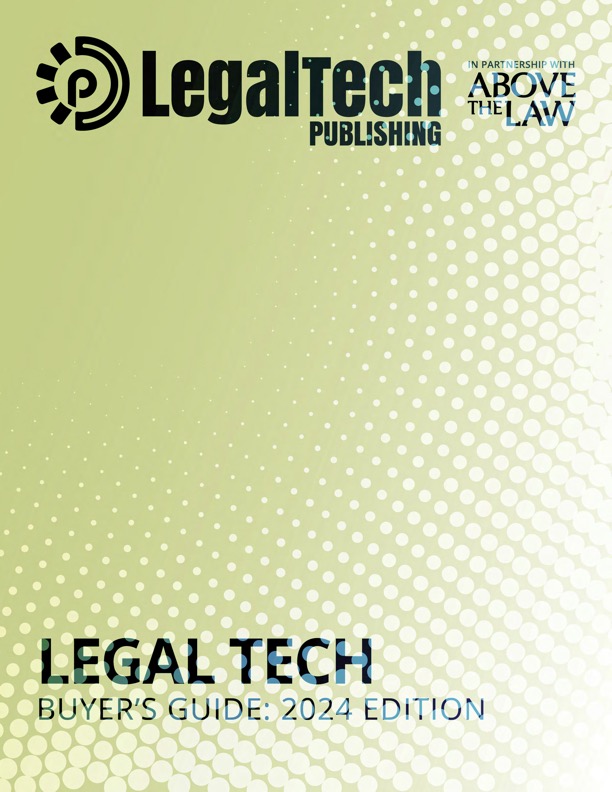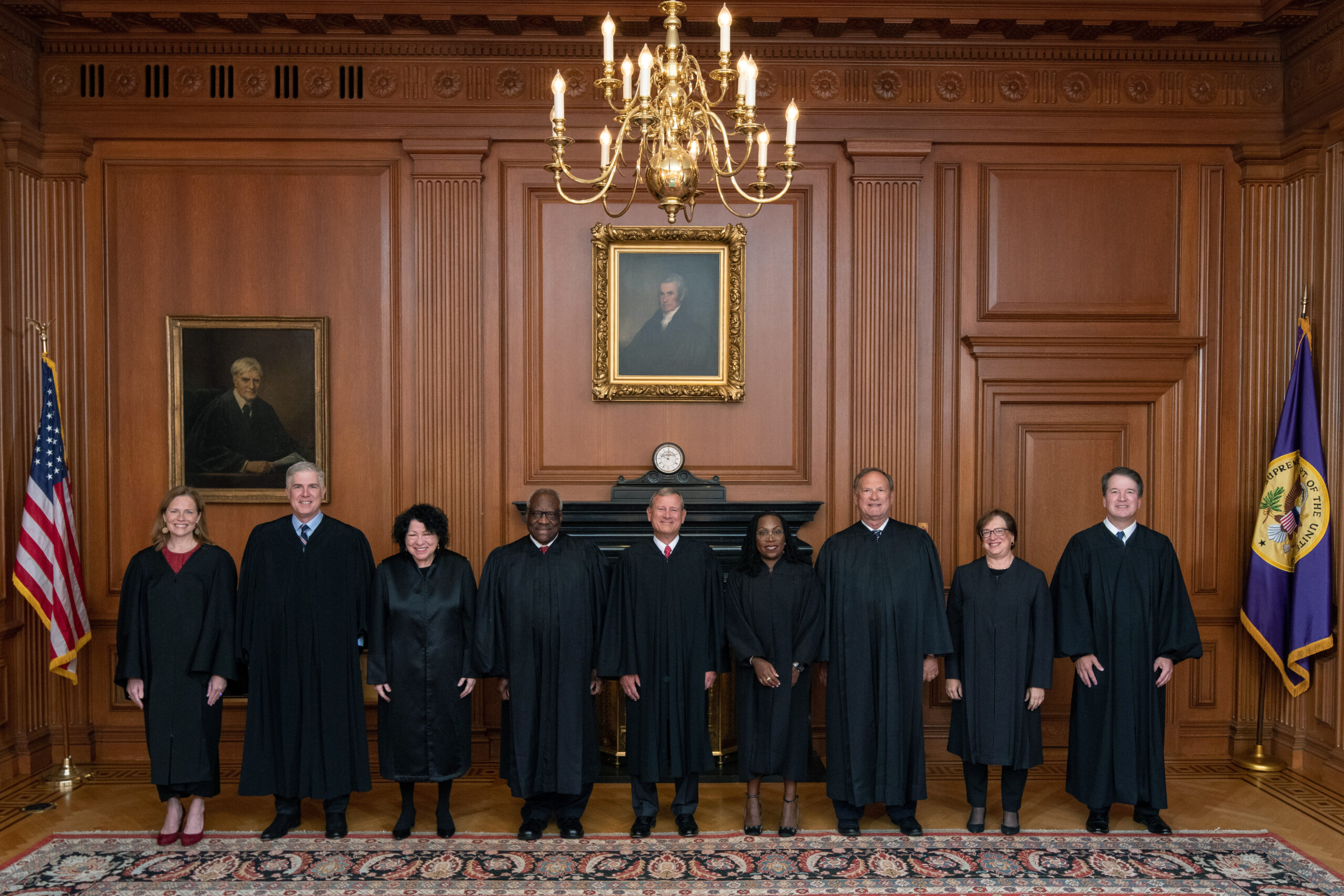To print this article, all you need is to be registered or login on Mondaq.com.
Voidable transactions form a vital part of the insolvency regime
and ensures that the assets of an insolvent company are made
equally available to its creditors, particularly those that have
been sought to be made unavailable in the period leading up to the
insolvency. In effect, the regime affords creditors confidence that
if anyone is aware of the impending insolvency and tries to better
their position against other creditors of the insolvent company,
there is a mechanism in place that allows liquidators to return and
make the assets available for all creditors.
Once such assets are recovered, is a liquidator able to claim an
additional amount on account of interest? The recent decision by
the Federal Court in Cooper as Liquidator of Runtong Investment
and Development Pty Ltd (In Liq) v CEG Direct Securities Pty Ltd
(Costs)1 looks at a liquidator’s claim for
interest on a transaction that was deemed voidable by the
Court.
Background
The proceeding was brought by the liquidator of Runtong
Investment and Development Pty Ltd (Runtong)
against CEG Direct Securities Pty Ltd (CEG).
The proceedings centered around the following transaction:
- On 12 December 2014, Runtong executed a mortgage over a
property in favour of CEG as part of a series of securities
provided to CEG to secure borrowings by Runtong’s related
entities (due to common directorship). As at that date, the total
borrowings by those entities were in excess of $15 million. - On 27 February 2018, CEG entered into possession of the subject
property as mortgagee in possession. - On 27 July 2018, CEG entered into a contract for the sale of
the subject property. Upon settlement, CEG received the net amount
of $12,143,300.47.
The liquidator claimed that the mortgage executed by Runtong in
favour of CEG (Transaction) was voidable as an
unreasonable director-related transaction pursuant to s 588FDA of
the Act. The Court found in favour of the liquidator and ordered
CEG to pay an amount of $1,983,100.40, which represented the
benefit CEG received from the Transaction.
Interest Claimed – When Does Interest Start
Accruing?
In a subsequent hearing, the Court was asked to consider the
interest payable by CEG on account of the $1.9 million recovered
against it. In this regard, the liquidator sought an order that
statutory interest be payable in the amount of $605,513.90 pursuant
to s51A of the Federal Court of Australia Act 1976 (Cth)
(FCA Act), calculated from the date of the
liquidator’s appointment until the judgment date.
Section 51A(1) of the FCA Act relevantly states that the Court
must, unless good cause is shown to the contrary, order
pre-judgment interest on the whole or any part of the money for the
whole or any part of the period between the date when the cause of
action arose and the date as of which judgment is entered
There was no dispute between the parties as to the rate of
interest. Rather the dispute centered around the date on which
interest should run.
CEG’s position
The ordinary rule for relief claimed under s 588FF of the Act is
that interest for a voided transaction should be allowed from the
date of demand by the liquidators. CEG claimed that the ordinary
rule should apply, such that interest should be calculated from the
date of the liquidator’s demand, namely 7 March 2019, or
alternatively the date the claim was filed being 12 June 2019. In
support of this position, CEG claimed:
- That a preference is void only as against the liquidator so
that until a liquidator is appointed there can be no cause of
action. - As a matter of principle and logic, it was very difficult to
see any proper basis for an award of interest in respect of a
period prior to the accrual of any relevant cause of action. - In the ordinary run of cases, it would not be proper to allow
interest in respect of any period prior to a demand by the
liquidator that any particular payment was in fact recoverable as a
preference. - A putative defendant to a liquidator’s voidable transaction
claim is entitled to know whether any particular action by the
liquidator will in fact be pursued, including the basis on which
the cause of action will be pursued. On this basis, pre-judgment
interest pursuant to s 51A(1)(a) of the FCA Act should commence to
run from the date when the proceeding was commenced.
The Liquidator’s position
On the other hand, the liquidator claimed that making a demand
was not a pre-requisite to a cause of action arising for the
recovery of compensation for loss resulting from a voidable
transaction claim. As a matter of convenience, interest should be
allowed to run from the date of the liquidator’s
appointment.
The Court’s decision
The Court accepted CEG’s position and held that pre-judgment
interest should run as from the date of demand, namely 7 March
2019. On that basis, the amount of interest accrued and payable by
CEG was $528,702.72. In coming to this decision, the Court noted
the following:
- It does not matter what type of voidable transaction is claimed
by the liquidator. - The question for the purposes of s 51A(1)(a) of the FCA Act as
to the start date for the calculation of pre-judgment interest is
when the cause of action arose. - In this instance, an action for recovery of an unreasonable
director-related transaction is brought on the application of a
company liquidator. It follows that until such time as a liquidator
is appointed, no cause of action could arise. - Turning to the facts of the case, it was an agreed fact at
trial that CEG did not receive the $1.9 million amount that was
ultimately clawed back by the liquidator until 19 October 2018. On
that basis, it was only from that date that any benefit to the
company’s creditors could be recovered by the liquidators.
Notwithstanding this, the liquidators did not demand for the
payment of such amounts until 7 March 2019.
Key Takeaways
The decision in Cooper affirms the ordinary rule that
interest should be allowed from the date of the liquidator’s
demand on a voidable transaction claim. Depending on the size of
the claim, recipients of a voidable transaction claim by a
liquidator could face a significant interest claim on top of the
principal amount sought.
Given the above, we recommend that any stakeholders facing a
voidable transaction claim seek proper and prompt advice so as to
mitigate the risk of any adverse findings and the additional, and
potentially significant burden, liability on account of
interest.
Footnote
1[2024] FCA 120.
The content of this article is intended to provide a general
guide to the subject matter. Specialist advice should be sought
about your specific circumstances.
POPULAR ARTICLES ON: Insolvency/Bankruptcy/Re-Structuring from Australia
#Voidable #Transactions #interest #accrue #InsolvencyBankruptcy











